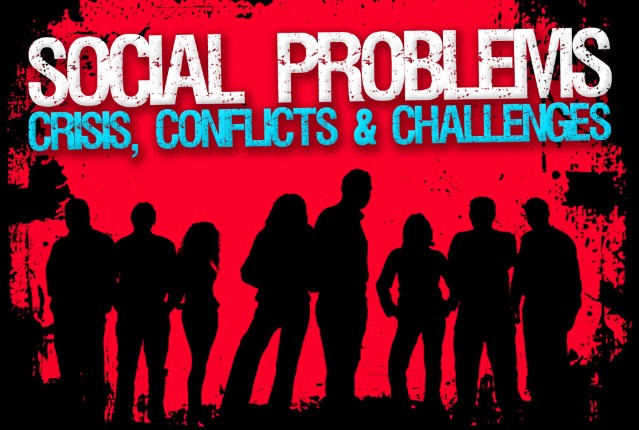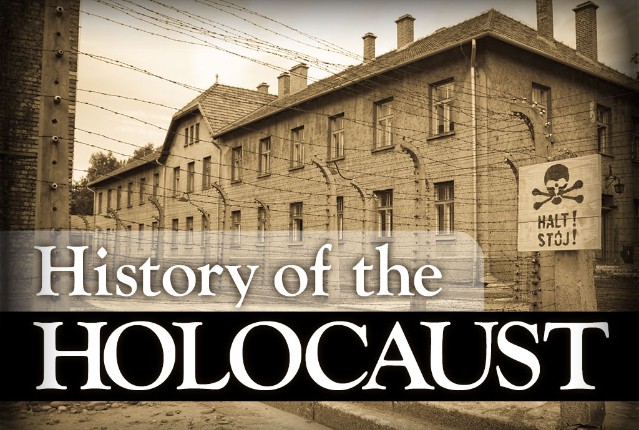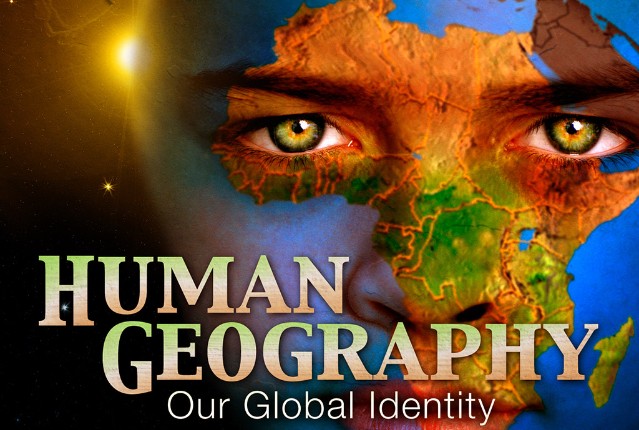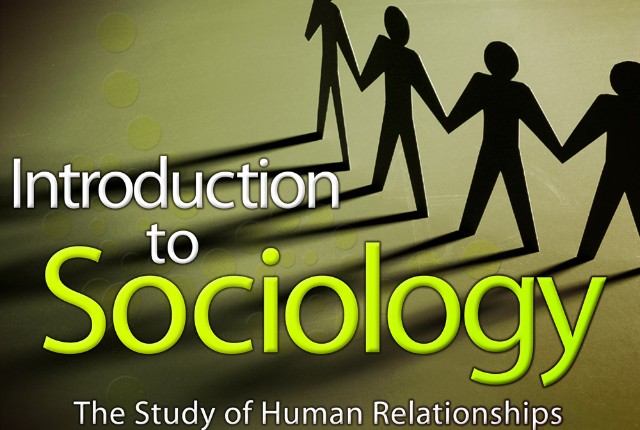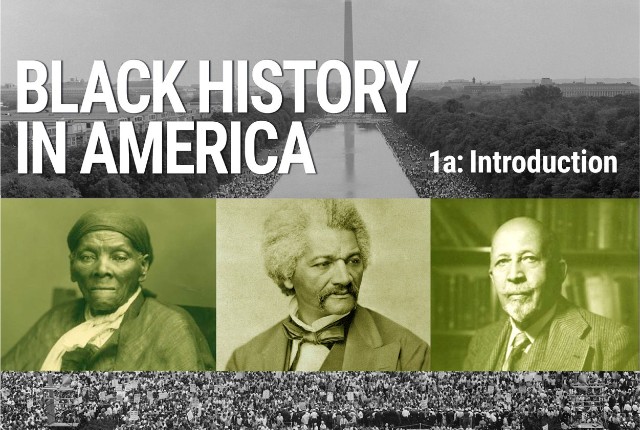
Black History In America 1a: Introduction
By examining the stories of brave men and women who persevered, built community and contributed to our nation’s goals—sometimes amid great persecution—we can all learn how to pave a brighter future. Learn about the incredible history of Black people who have left a mark on the fabric of the United States to the ways the country has wrestled with its past to understand slavery, emancipation, and the fight for civil rights in our nation.
Review course outlineAccess for a year
USD 299.00*
* Choose more courses to get a discount
